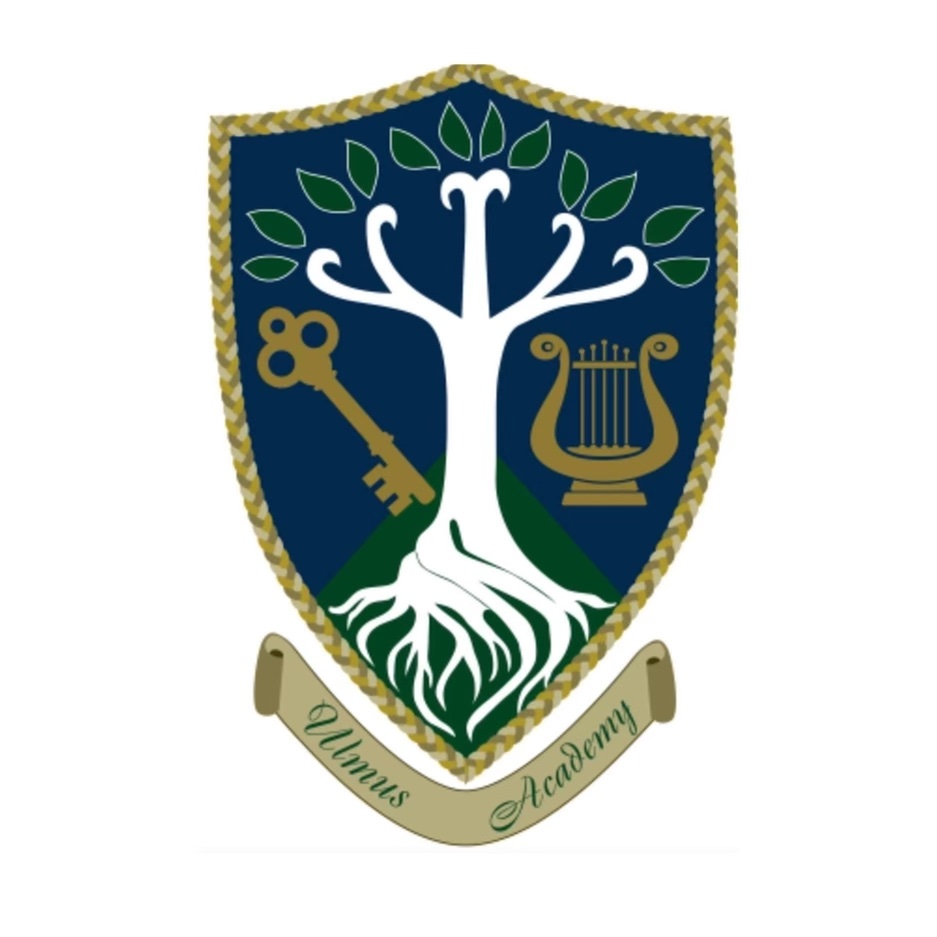Ulmus Academy ready to open…once a building is found

The Ulmus Academy is a go.
At a meeting for interested parents Monday night at the Madison Park Christian Church, co-founder Jennifer Wiemelt told the crowd of around 75 that the inaugural year of the Academy will begin on Tuesday, September 6, the day after Labor Day.
“There’s a need right now,” Wiemelt said. “And we have 60 students already committed to coming. Even if it starts out small, and that’s all the students we have, that’s okay with us. You know, we’re looking at being able to accommodate up to 90 students. But we’re ready to go.”
The Board of Directors hope to have a brick-and-mortar location soon … either a single building or a Pod structure, where different classes would be at different locations.
Wiemelt acknowledges the Academy faces several challenges and that the parents are taking a leap of faith with the mission.
“We absolutely are,” she said. “That’s one of the reasons why we are trying to make the tuition economical. There’s bound to be some things that we have to kind of work through as we’re going along. The fact that if we can just be transparent and open, have open communication with our parents, we’ll work through that. And certainly, we’re trying to talk with enough experts out there that we’re covering everything we possibly can think of.”
Tuition will be $2000 for half-day preschool, $3300 for K – 8th grade and $4500 for high school.
The Ulmus (Latin for Elm) Academy will focus on the Classical Method of Education. The organizing principle is known as the Trivium (Latin for “three ways”). This three-stage approach is comprised of grammar, logic, and rhetoric. The Academy will strive to impart upon students the “tools of learning” – skill in knowledge, skill in logical analysis, and skill in oral and written communication.
Classrooms will be designed with mixed-aged students. For example, K through second grade will learn together in a single setting. The Grammar Director (grades kindergarten through fifth) Katherine Zanger explains a workshop methodology will be utilized.
This method “is very popular right now. They (the students) are already used to that where you’re introducing the memory work, you’re doing a mini lesson for the entire class, and then the teacher and the teacher’s aide can then have stations already set up for age-appropriate type activity. So, if you’re more on this level, like a kindergarten level, then they can break off after our introductory lesson.”
History will be the ‘spine’ of the educational process. And with history acting as the timeline Zanger said, “We can make connections to geography, because if we’re talking about this time period, and where it happened, then our geography lessons will tie into that. And of course, literature can stem off that as well. Another cool area is we focus on the different sciences within that timeline … when they were revolutionized and discovered. So that’s how we marry in all the subjects into each other.”
The Ulmus Academy are asking parents to provide lunches and transportation for the students. Parents are also expected to provide hours of service to the Academy … to utilize their gifts to help with the process. Through help in the classroom, fundraising, or even picking up a paint brush … the Academy wants parents heavily involved in their children’s education.
Some services will not be available for the first year such as school nurses and educators for special needs students. Wiemelt, who will also serve as the school’s administrator, said they will do everything they can to accommodate interested families.
“We created an advisory committee to take a look at this with the family’s permission … to take a look at these IEPs (Individual Educational Plans) and these 504’s (students that require accommodations to ensure academic success),” Wiemelt said. “Can we really accommodate this here with the with the tools that we have now? Or can we not? And are they better suited being somewhere else?”
Wiemelt feels the key to a successful first year is openness and communication between the administration, the teachers, the students, and the parents.
“It’s how do we pull all the families together and make sure we’re all working together toward the same goal because you know, you have a lot of different people that come from different backgrounds,” Wiemelt said. “We are still getting that advice from those having done this, saying education, transparency and communication are the biggest keys to making this successful. So, we may have kinks in the road. We’re hoping that we can work through them.”
Miss Clipping Out Stories to Save for Later?
Click the Purchase Story button below to order a print of this story. We will print it for you on matte photo paper to keep forever.

